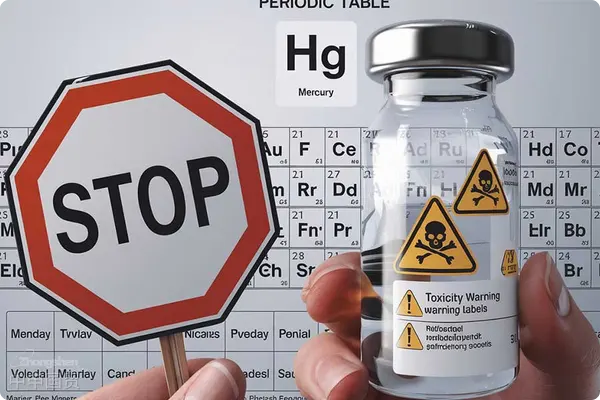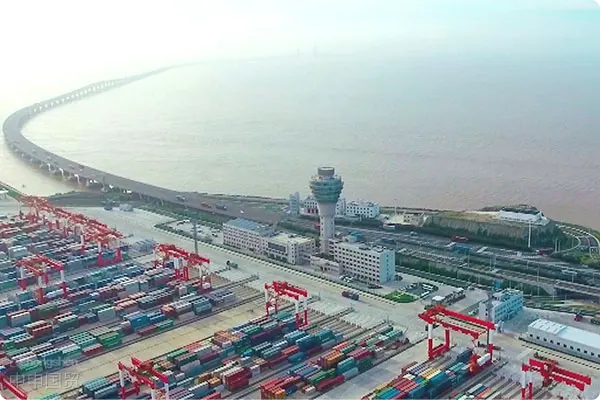- Shanghai Zhongshen International Trade Co., Ltd. - Two decades of trade agency expertise.
- Service Hotline: 139 1787 2118
Recently, the Ministry of Ecology and Environment, the Ministry of Commerce, and 15 other departments jointly issued the Announcement on the Control Requirements for Eight Categories of Mercury-Added Products Including Mercury Vacuum Pumps and Dental Amalgam. The announcement clearly states that afterDecember 31, 2025After that,Prohibition of production andimport and export8 categories of mercury-added products, to strengthen mercury pollution prevention and control, fulfill international convention obligations, and promote green industrial transformation.

I. 8 categories of mercury-added products prohibited from production, import and export
- Compact fluorescent lamps
Compact fluorescent lamps for general lighting purposes with a power not exceeding 30 watts, containing no more than 5 milligrams of mercury per lamp and with integrated ballasts. - Cold cathode fluorescent lamps and external electrode fluorescent lamps
Cold cathode and external electrode fluorescent lamps of all lengths for electronic display purposes. - Strain gauges in plethysmographs
- Melt pressure transducers, transmitters and sensors
(excluding electrical and electronic measuring instruments used in large-scale equipment for high-precision measurements where no suitable mercury-free alternative is available). - Mercury vacuum pumps
- Tire balancers and wheel weights
- Photographic film and paper
- Propellants for satellites and spacecraft
II. Exceptions
According to the announcement, certain products under specific conditionsare exempt from this prohibition:
- forscientific research, instrument calibration or reference standardsproducts.
- In electronic measuring instrumentswhen no mercury-free alternative can be found, may be used in large-scale equipment or for high-precision measurements.
III. Background of the announcement
This announcement aims to respond to international requirements for mercury pollution prevention and control, and fulfill Chinas commitments as a party to theMinamata Convention. The Convention requires the reduction and phase-out of mercury use to prevent harm to the environment and human health. This announcement clarifies Chinas further measures in mercury product management and promotes the transformation of related industries toward environmental protection and safety.
IV. Impact on related industries
- Lighting industry
The ban on mercury fluorescent lamps will accelerate the industrys transition toLED technologymercury-free light sources such as LEDs. Enterprises need to plan product structure adjustments in advance and increase R&D investment in environmentally friendly lighting equipment. - Electronic display and sensor manufacturing industry
The ban on cold cathode fluorescent lamps and mercury sensors will drive the transition of display devices and sensors to safer mercury-free alternatives, such as OLED and solid-state sensor technologies. - Tire and automotive parts industry
Tire balancers and wheel weights need to find mercury-free alternative materials and upgrade related processes to ensure new products meet performance standards. - Aerospace and scientific research fields
High-precision applications such as spacecraft propellants are relatively less affected and can still be used when no alternatives are available, but detailed usage records must be maintained and strict regulatory compliance is required.
Related Recommendations
? 2025. All Rights Reserved. 滬ICP備2023007705號-2  PSB Record: Shanghai No.31011502009912
PSB Record: Shanghai No.31011502009912










